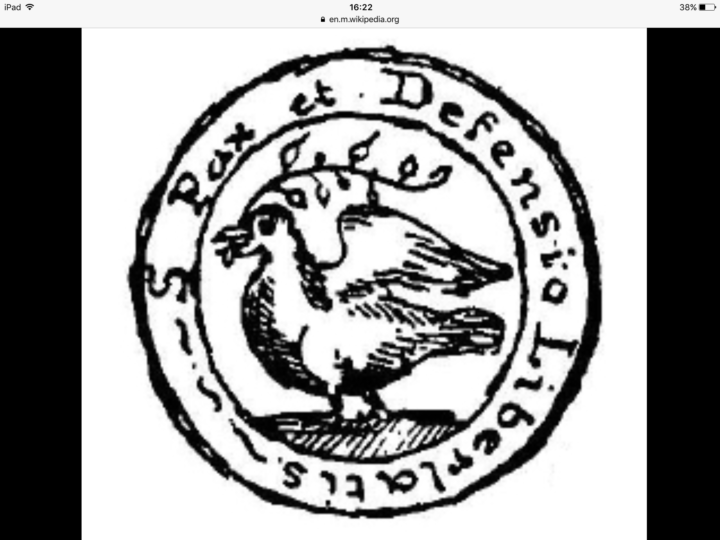Idiotes was the word used in Athenian democracy to describe those only preoccupied with their own, selfish interests, concerned almost exclusively with private, as opposed to public, affairs. They declined to take part in public life, such as democratic government and voting in the Citizens Assembly. They were also seen, precisely because of their individualism, as having poor judgment and education, and this is the meaning that travelled through time to our days.
Paradoxically, this October 2nd, International Nonviolence Day, when more than a thousand activists met in Berlin to network, to participate, to build, to show in human form a peace sign transforming into a nonviolence one, to create a better world of peace for all, it was also the day when Peace lost in Colombia, perhaps because 63% of those who could vote decided not to. Of the 37% who did, 50,22% said no and 49,78% said yes. What validity has this decision? Should there be a limit of 50% participation to give validity to a decision, like in Hungary, where a boycott of the vote allowed the idiotes (in this case using the strategy in an active rather than a selfish way) to invalidate the anti-refugees policy?
The politics of fear managed to convince (apparently a small part of) the Colombian population that the painfully negotiated peace deal with the FARC was not worth supporting, that Reconciliation was not an option. There were of course vested interests in the No position. The necessary Agrarian reform proposed was to make available a good deal of land for the resettlement of families displaced by the conflict, putting in doubt the stability of the land grabs carried out by the ultra-right paramilitary militias and landowners over the conflict years. But the arguments presented to the public were all about fear, that Colombia would end up with an ex-guerrilla Communist government, that if guerrillas were not punished in the most draconian way they would continue to be a threat to ordinary people by way of their continued criminal activities.
There are many projects of Peace education being developed in Colombia in order to create a culture of peace, in parallel with the disarmament and reintegration of ex-combatants to civilian and political life. Pressenza met some of the dedicated protagonists of this process at the Peace conference in Berlin and in spite of this sad setback that was the referendum we are committed to help continue, accompany the road to peace, collaborate and network in the creation of a culture of peace, because that is the only way that opens the future, for those who said yes, for those who said no, and for those who did not want to say anything or felt too disconnected from the issue.
Reconciliation is not a luxury, nor is it just about two old enemies shaking hands, but it is a necessity of the spirit. Letting go of resentment and the desire for revenge liberates the individual from a heavy ball and chain, from a fixed image that contaminates all aspects of life and prevents planning for a better future. The release of energy and lightness experienced when a deep reconciliation takes place within oneself, independently of change or lack of it in the relationship with the ‘enemy’ or reciprocation, has been well described by people from very different backgrounds and in very different circumstances. Offering tools for reconciliation as part of education for a culture of peace and/or nonviolence is central to preparing a population for a change like the one proposed by the Havana negotiations.
The result of the referendum can be taken as a defeat, but it can also be understood as the type of failure that spurs us to work even harder to create the necessary conditions for peace and reconciliation. They clearly do not exist yet, but putting all available energy to produce them is not plan B but Step 1 of the new process.






